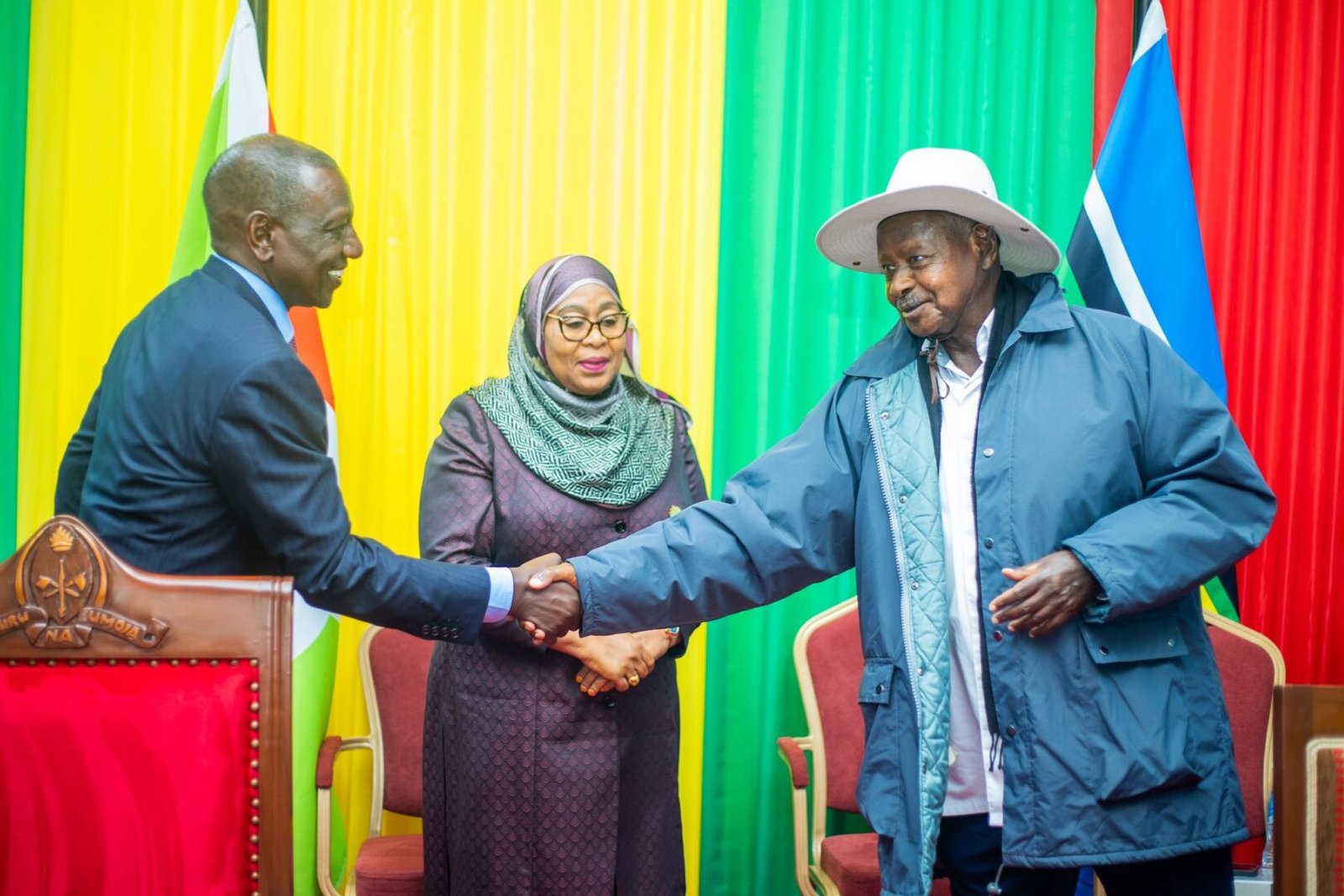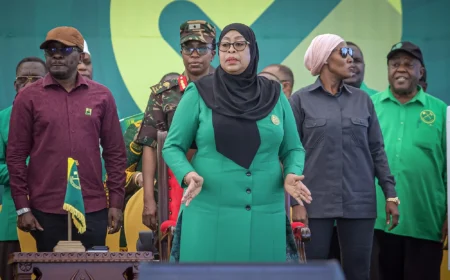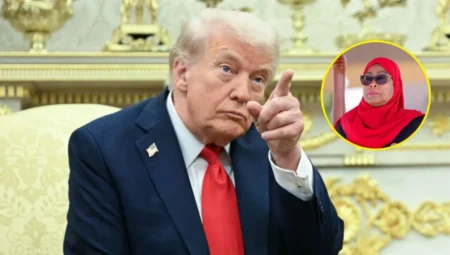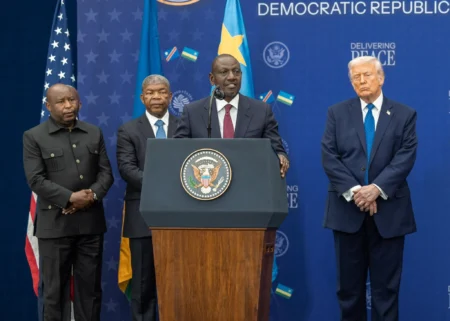NAIROBI, Kenya — President William Ruto offered a formal apology to Uganda and Tanzania on Wednesday, seeking to resolve any lingering disputes that could jeopardize their crucial bilateral relations.
During the National Prayer Breakfast held at Safari Park, President Ruto adopted a conciliatory tone, advocating for the restoration of harmonious relationships and emphasizing Kenya’s commitment to “rising and rebuilding.”
“Our neighbors from Tanzania, if we have wronged you in any way, forgive us. Our friends from Uganda, if there is anything that Kenyans have done that is not right, we want to apologize,” he stated.
He also extended an apology to Kenyan youth, acknowledging the strained relationship with his administration following widespread discontent in 2024 over elevated taxation and perceived governance shortcomings.
“To our children if there is any misstep, we apologize. We want to build a relationship that will make our country great,” President Ruto affirmed.
The President called upon Kenyans to embrace reconciliation, underscoring his administration’s dedication to national unity and development.
“I ask us as a people to work together, to do less of finding fault and do more of building bridges that can make us a greater nation,” he urged.
“I am confident about the future of Kenya and I have no doubt that Kenya is truly a blessed nation. The future, no matter what happens, is going to be greater than our past,” he added.
This gesture comes amidst unresolved tensions stemming from the 2024 anti-tax demonstrations, which resulted in the deaths of Kenyan youth at the hands of state security.
The Kenya Kwanza administration has also faced criticism regarding allegations of incompetence and misappropriation of public funds, coinciding with the imposition of increased taxes on Kenyan citizens.
Also Read: Martha Karua’s deportation from Tanzania exposes cracks in East African integration
Furthermore, Kenya’s relations with Tanzania have been strained following the deportation of Kenyan activists who traveled to the East African nation to observe the court proceedings of opposition figure Tundu Lissu.
This incident ignited a heated exchange between the two countries, with online users engaging in prolonged debates concerning regional politics and activism.
Legislators from both nations also contributed to the discord, further exacerbating concerns about the state of their bilateral ties.







